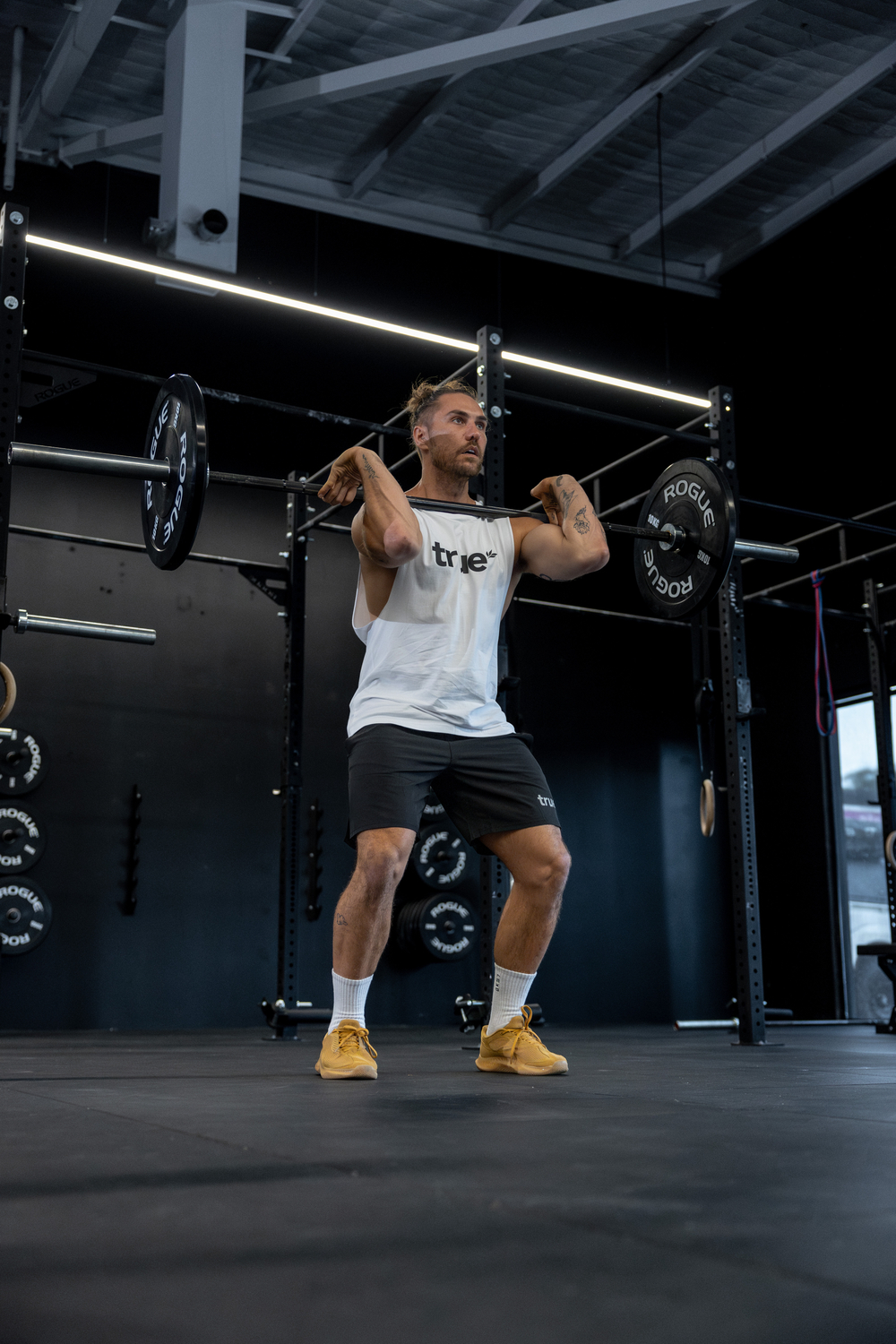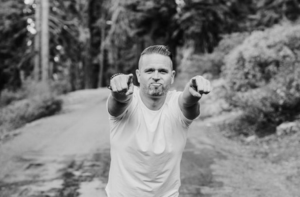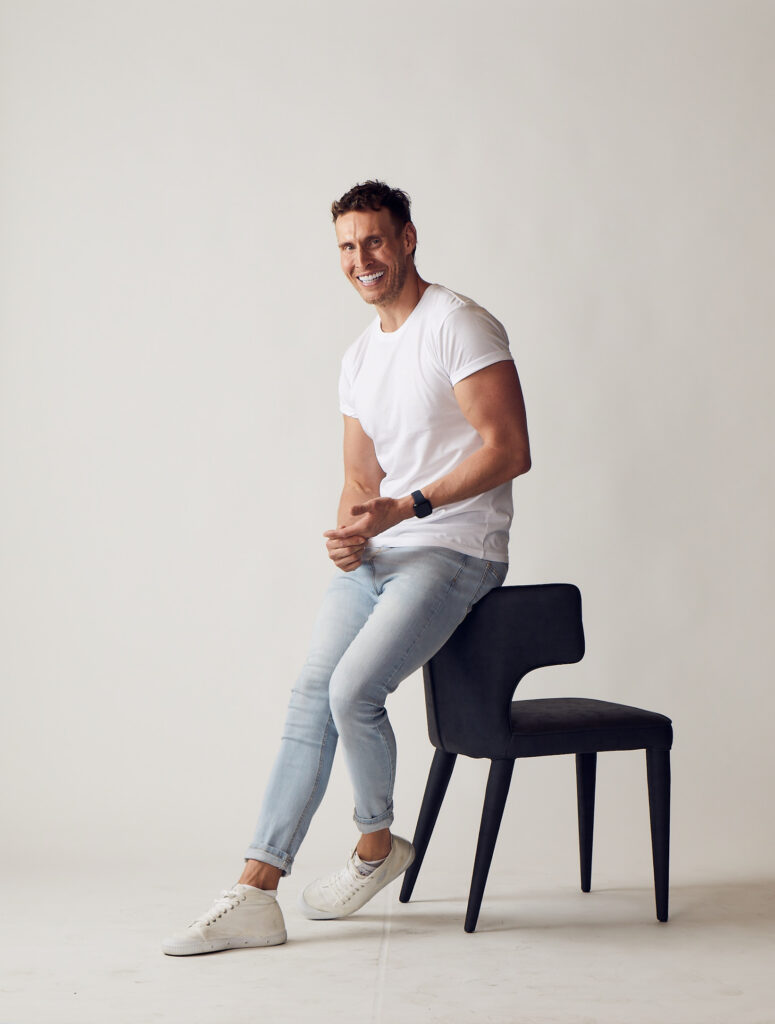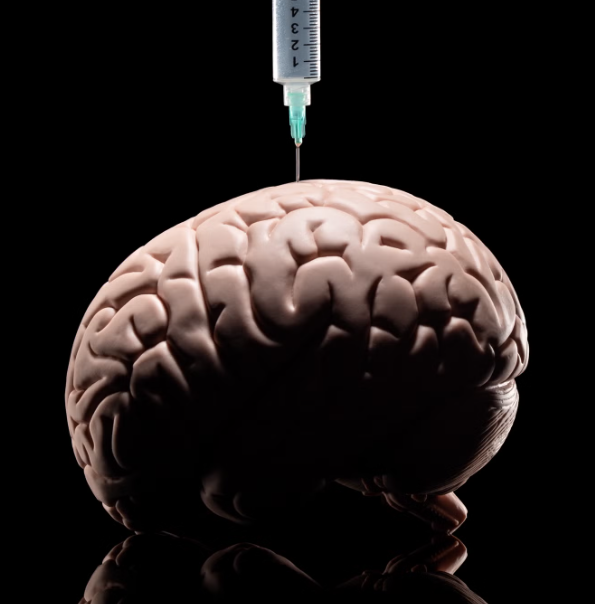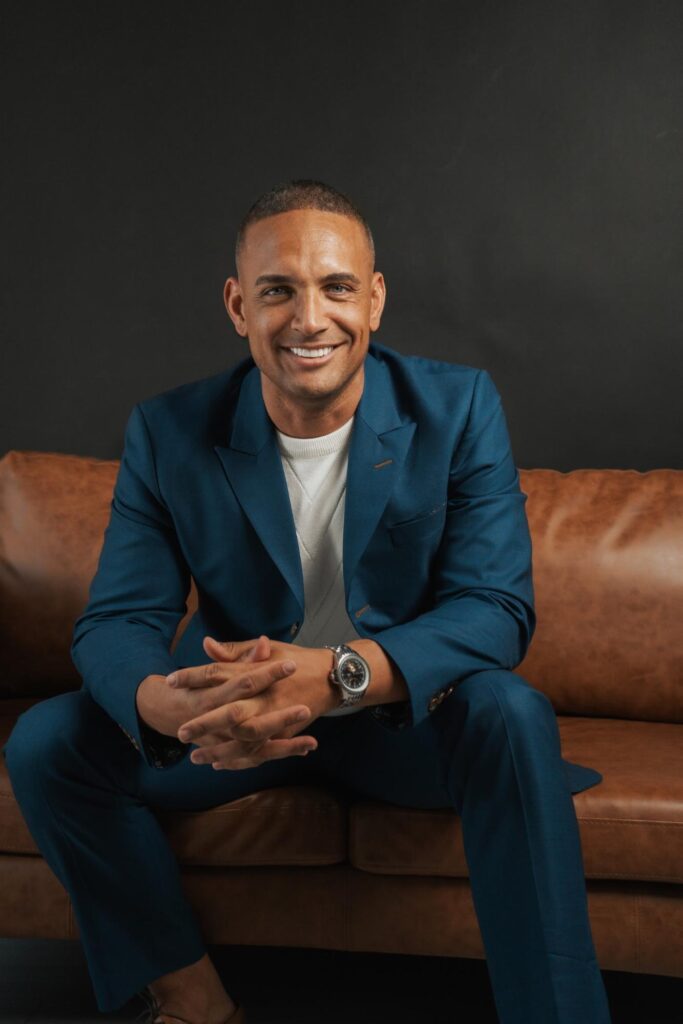THERE’S A PART of professional sport that those who haven’t lived it see from a distance but may never fully understand.
In much the same way that I’ll probably never know what it feels like to try and sell a multi-million dollar home, or the intensity of walking into an operating theatre, those who’ve never made a living from sport probably won’t be able to grasp the unique pressure of being an athlete in the public eye. Both internal and external.
In many ways, athletes are commodities. As long as we’re performing, we’re relevant. When we’re not, we fade from the feed. We’re measured not just by the scoreboard, but by the algorithm. Our value can start to feel conditional on our output, both on the competition floor and online. On how many kilos we lift, how many eyes are watching.
That’s a dangerous illusion to live under. Because eventually, every athlete meets the moment when the body breaks down, the season slips away, or the inevitable hand of Father Time gently taps you on the shoulder, letting you know your moment has passed. Suddenly, you’re left wondering who you are when you’re not the thing everyone once applauded.
When I first started competing in CrossFit, I was just trying to figure out how to belong in that world. I’ve spent a great deal of my life trying to figure out where I exist in every sphere I’ve inhabited. But this was a unique conundrum. Here I was, objectively good at something I really enjoyed, with no clue how best to fit into that space.
I’d scroll social media and see the image of what an athlete was supposed to be: stoic yet charismatic, disciplined yet carefree, that blend of rock star and monk that seemed to sell the dream. I tried to fit that mould. I worked hard in the gym, but I worked just as hard at maintaining my image as a person who worked hard in the gym. Who cared enough but not too much. Who wanted to grind and suffer but also have fun and be chill.
It’s funny, in hindsight, how exhausting it is to play yourself.
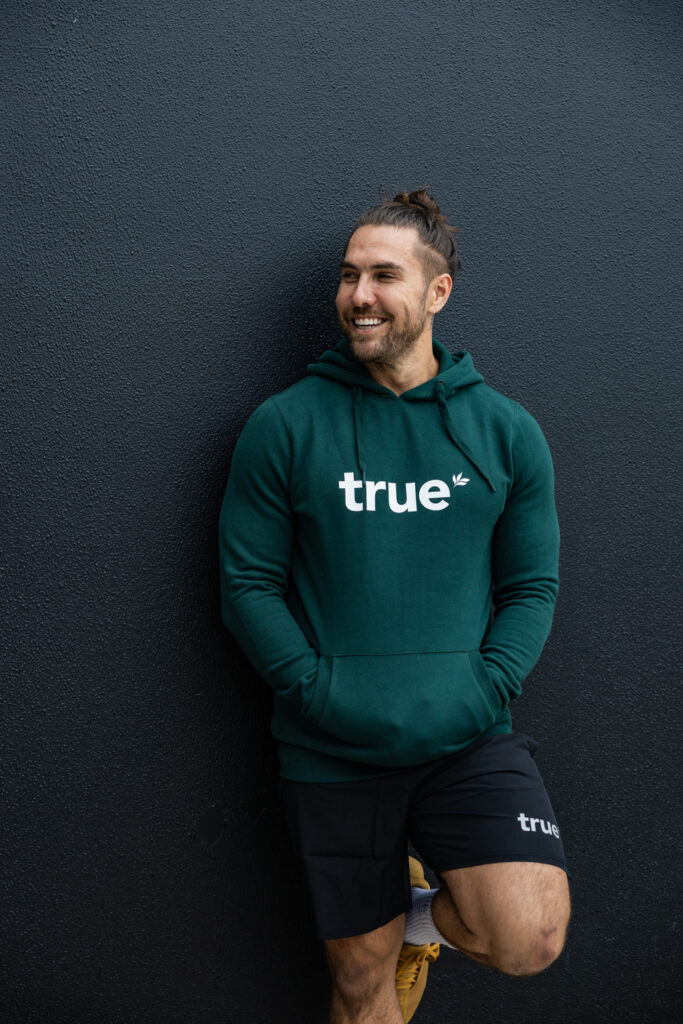
By my third year at the CrossFit Games, I was burnt out physically, mentally, existentially. I’d made it three years in a row, then missed qualification the fourth. That single “miss” hit hard but it was a blow I needed to take. When your whole sense of self is tied to an outcome, which you ultimately can’t control, failure feels like identity death. It took a few months of pretending I didn’t care to finally face where that failure left me. Sitting, staring out the window and thinking: if I’m not Khan Porter the athlete… who am I?
That question was brutal, but it was also the beginning of everything that came after.
Psychologists call it identity foreclosure, when you commit too early to one version of yourself, and then struggle when that version cracks. For the first time, I had to strip away the layers of what I thought made me valuable. Without the athlete mask, I was forced to meet the man underneath.
I went back to school and started studying psychology. I travelled. I went back to therapy. I trained for the love of it again, not chasing an outcome. I read. I wrote. I reflected. I rebuilt myself from the inside out, not around performance, but around purpose.
And when I eventually found my way back to the Games, I did so grounded in knowing exactly who the fuck I was and with a sense of assuredness that it was for the love of it, not to prove anything to anyone, least of all myself.
Fast forward to 2023 and that lesson came back for round two.
After one of my best seasons ever in 2022, I went into the following year in peak condition, hungry for more. Then came a back injury. And an elbow injury. One after another. Suddenly, I was watching a season I’d worked for years for pass me by.
Thankfully, I’d spent the time in years prior really hashing out exactly who I was outside the gym. But having the capacity to train taken away from me, rocked me. I could feel the familiar pull of some old habits luring me into a spiral of self-sabotage. I decided my mantra for that period would be “you can always do something.”
That became my anchor.
On days I couldn’t lift, I biked. On days I couldn’t bike, I stretched, mobilised, and journalled. I went to the gym at the same time I always did, even if all I could do was breathe, move gently, or support my teammates. The point wasn’t to maintain fitness, it was to maintain a sense of agency. My injury didn’t define me. I was still an athlete in my own way. Even if that was balanced by the other facets of self, I’d spent the years cultivating.
When you’re injured or burnt out, the mind’s first instinct is to focus on what’s been taken away. But shifting focus to what remains, to what you can do, changes everything. Psychologists like Martin Seligman have shown that this sense of control, however small, is one of the biggest predictors of resilience. It’s not about optimism. It’s about ownership. Self-determination theory posits that autonomy is one of our core psychological needs and by keeping my focus on what I could control, I was able to nurture that.
That ownership didn’t stop with movement.
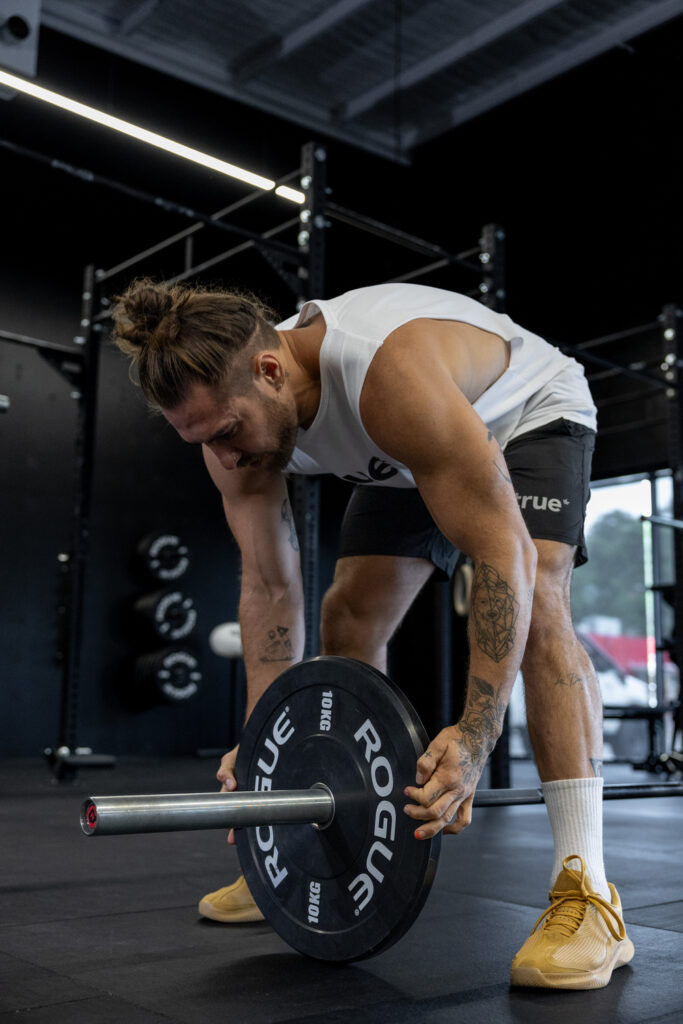
Another thing anyone can control is how you fuel yourself and it dictates the quality of your training, recovery and, in a huge way, your mental wellbeing. Even when my training was limited, I kept my nutrition routine the same. I kept my mornings structured, my meals balanced, my recovery on point.
I still started each day with my True Protein Greens, had a True WPI 90 protein shake after my workout and mixed their True Electrolytes formula into my bottles of water. It was a small act that said: I’m still showing up for myself.
People often think nutrition is just about muscle repair, but it’s so much more than that. The amino acids in protein help regulate mood by supporting neurotransmitters like serotonin. Consistent nutrition keeps your blood sugar and your emotions more stable. It’s one of the simplest ways to tell your body: you’re safe, you’re cared for, you’re healing.
So even when I couldn’t train the way I wanted, I could still recover with intention.
And that, the act of doing what I could, rather than lamenting what I couldn’t, kept my mindset from collapsing into helplessness.
What I’ve learned through all of this is that setbacks are an inevitable part of the process. When they pop up, they can easily strip away the external markers of identity, which means you’re left with the only thing that truly matters: your relationship with yourself.
You can’t control the injuries, the critics, or the algorithms. But you can always do something. You can nourish, you can breathe, you can adapt, you can stay curious.
And sometimes, that’s all you need to come back stronger than before/




